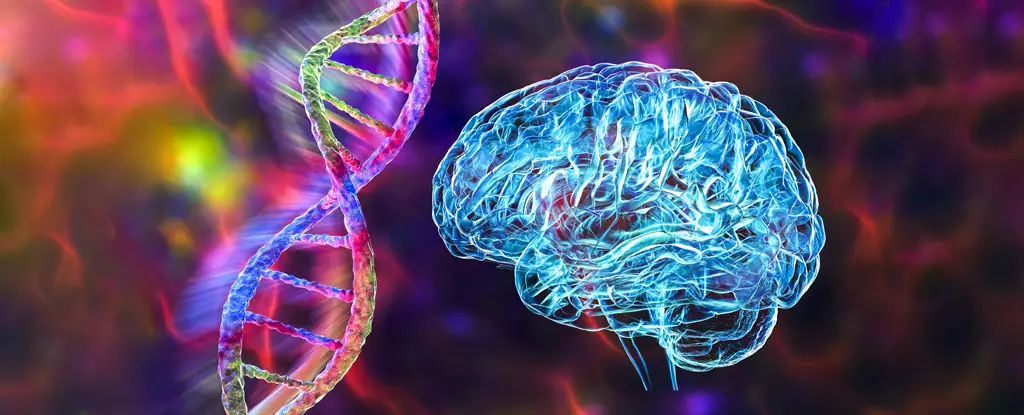Recent research has unveiled a fascinating intersection of genetic research and psychiatric health, revealing that several major psychiatric conditions share a common genetic foundation. This discovery has been driven by an international team of scientists who identified 109 distinct genes linked to eight psychiatric disorders, which include autism, ADHD, schizophrenia, bipolar disorder, major depressive disorder, Tourette syndrome, obsessive-compulsive disorder, and anorexia nervosa. These findings highlight the complexities of these conditions, as individuals often exhibit overlapping symptoms or co-occurring disorders, particularly the strong correlation observed between autism and ADHD.
The study conducted by geneticists, including Hyejung Won from the University of North Carolina, has illuminated the continued activity of shared genetic variants during key developmental phases of the brain. This aspect of genetic behavior poses a compelling argument for treating multiple psychiatric conditions through shared therapeutic targets rather than isolated approaches. With many of these proteins exhibited by the genes being highly interconnected, alterations in one area could create cascading effects, impacting the overall functionality of the brain and possibly exacerbating the symptoms associated with various psychiatric disorders.
One of the essential concepts arising from this research is the idea of pleiotropy, which describes the phenomenon whereby one gene influences multiple unrelated traits or conditions. In the context of psychiatric disorders, the identification of genetic variants that are pleiotropic underscores the importance of understanding these interrelations rather than categorizing disorders as entirely distinct entities. Analyzing nearly 18,000 variations, scientists were able to observe the effects of these shared and unique genes on precursor cells that eventually differentiate into neurons. This not only sheds light on the intricate nature of gene expression during development but also suggests that psychiatric disorders might stem from intertwined biological underpinnings.
Implications for Future Research and Treatment
Highlighting the impact of pleiotropic variants invites a re-evaluation of how psychiatrists and researchers approach diagnosis and treatment. The fact that these shared genetic variants were found to be active across various types of brain cells opens new avenues for understanding how multiple conditions may have similar roots. Furthermore, therapeutic strategies that target genetic networks rather than individual disorders could lead to more effective interventions for individuals suffering from overlapping psychiatric issues.
As research progresses in elucidating the genetic complexities behind psychiatric disorders, it becomes increasingly clear that understanding the shared and unique genetic components will be crucial for advancing treatment methodologies. By aiming to disentangle the genetic web that connects these conditions, we may be well on our way to developing more holistic approaches to mental health treatment.


Leave a Reply